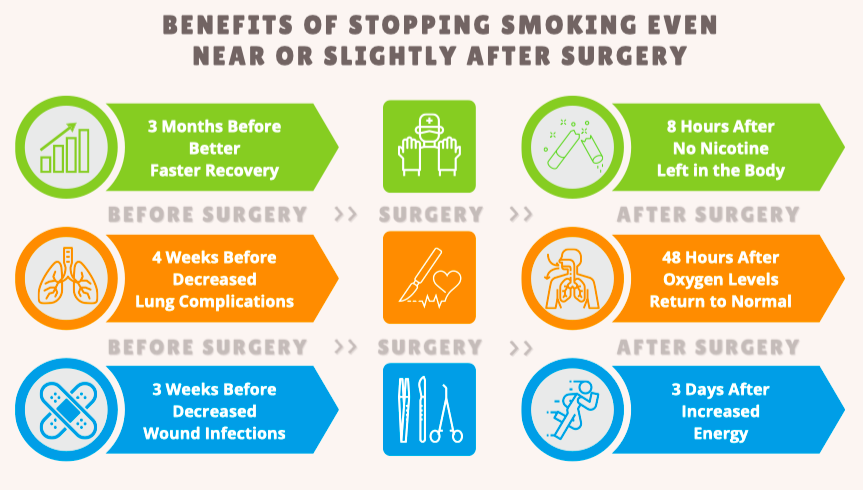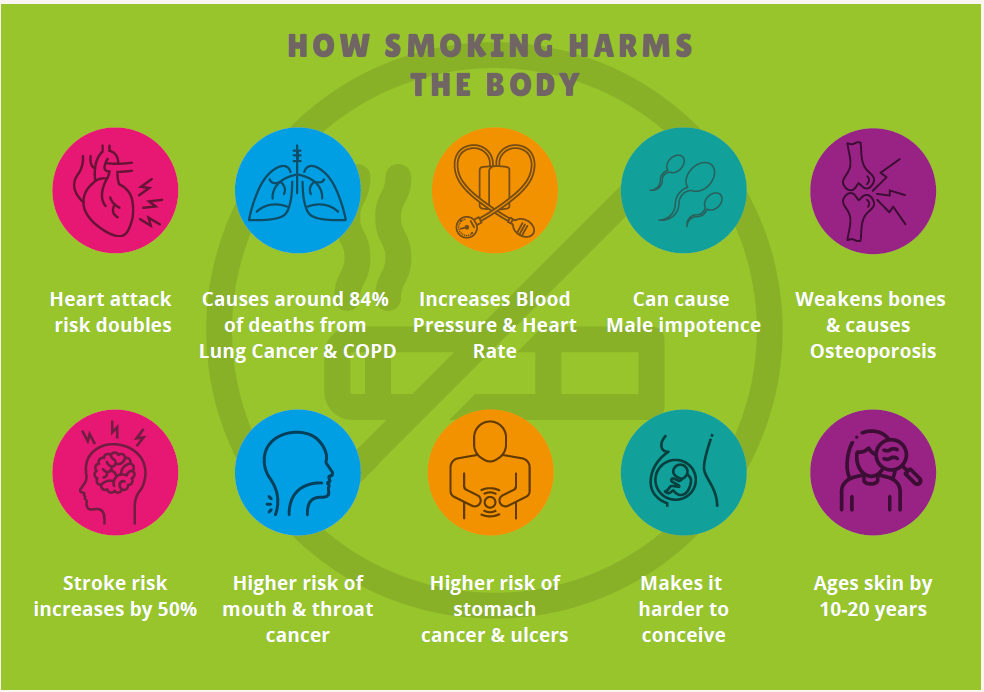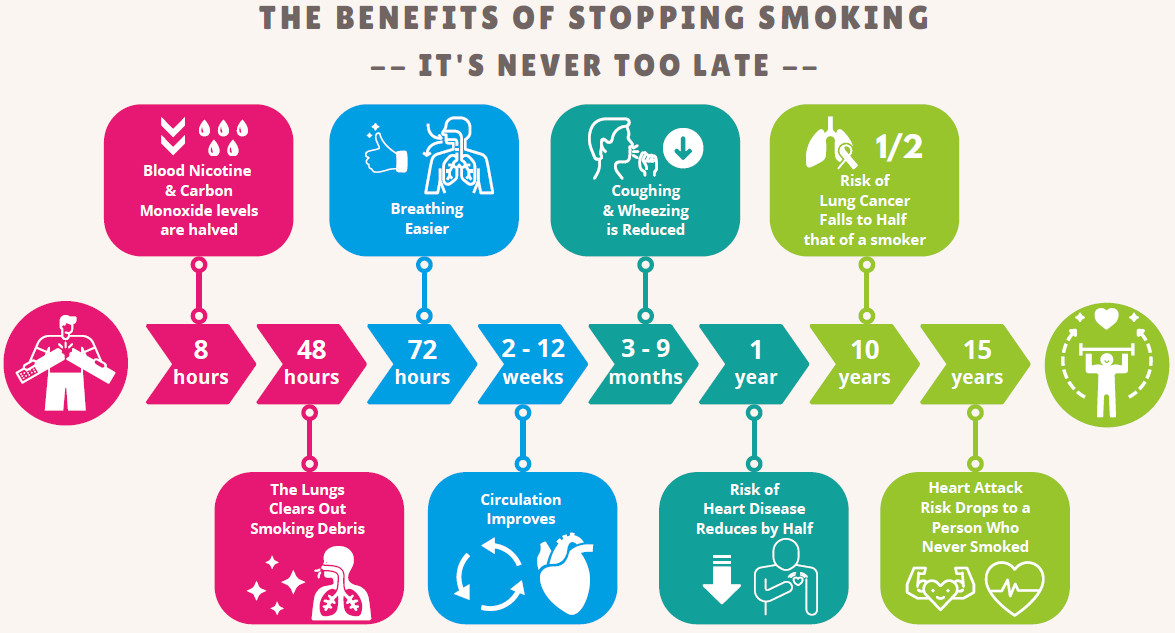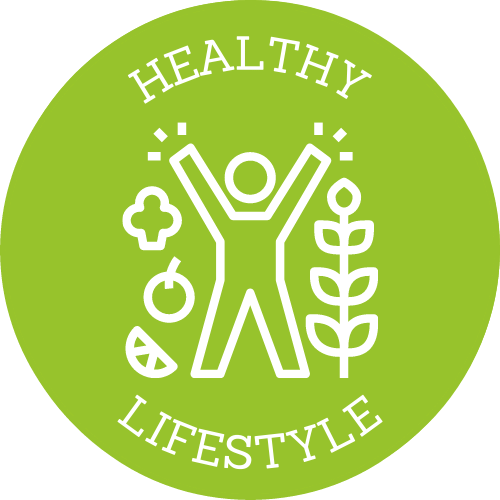Smoking
Smoking & Your Musculoskeletal Health
You are probably here because you are experiencing some musculoskeletal pain and you are a smoker, so your immediate motivation to quit may be to lead to a reduction in pain.
But beyond this there are many benefits to quitting right now!
The musculoskeletal system is made up of the muscles and bones and is affected by the damaging effects of smoking. Bones, muscles, tendons and ligaments take longer to heal in smokers due to the toxic chemicals from cigarettes, which reduces blood flow to these tissues.
Nerves are also affected due to the reduced blood flow and therefore are not as healthy and do not function as well, which can affect how sensitive they are. Toxins in cigarettes may also activate our pain sensors, resulting in them being more active & increasing our pain experience.
Smoking also reduces your body's ability to build muscle and gain strength.
Smoking can reduce your appetite, resulting in you not getting enough nourishment to support the growth and repair of your body.
In fact smoking is a risk factor for almost every common type of musculoskeletal pain. Smoking increases your risk of:
| Osteoporosis | Tendon Injuries e.g. rotator cuff, achilles |
| Osteoarthritis | Overuse Injuries |
| Rheumatoid Arthritis | Balance problems, which increase risk of falls |
| Fractures (30-40% more likely than non smokers) | Chronic/persistent Pain |
Smoking & Surgery
If you are due to have surgery then it is even more important to stop smoking. Smokers have a higher rate of surgery-related complications like heart attack, strokes, shock, infection & even death
Having an operation gives you lots good reasons to try & stop smoking for good

Smoking & Your General Health
Smoking has an impact on all our body systems, including our mental health.


Top Tips for Quitting Smoking
- Create a personalised quit plan and try to revisit it often to stay focused. This is easily accessible on smoke free website.
- Get Support- lean on positive people. Tell your friends and family about your quit day
- Sign up to smoke free apps (NHS smoke free, Nicorette Stop Smoking, Smoke free, Quit, Stoptober)
- Avoid Triggers
- Throw away your cigarettes, lighters and ashtrays
- Chew gum
- Take up a new hobby
- Go to places where smoking is not allowed
- Get plenty of rest, eat healthy and exercise. being tired can trigger you to smoke
- Avoid caffeine which can make you feel jittery
- Spend time with non smokers
Where can i get help?
Your physiotherapist may ask you about smoking and can refer you to services to help you quit.
Your GP, Practice Nurse or Respiratory Nurse can help set you up on a stop smoking programme.
Some pharmacies also offer stop smoking programs.
National Services & Local Services
Smoke-free National Helpline: 0300 123 1044
https://www.nhs.uk/better-health/quit-smoking/
https://quittogether.co.uk/
NHS smoke free app https://www.nhs.uk/oneyou/apps#nhs-smokefree
East Riding Health trainers 0800 9177752, https://www.nhs-health-trainers.co.uk/contact/
It is never too late to quit. Research shows it take most people several attempts to quit smoking so don't be put off even if you have tried before


 Healthy You
Healthy You